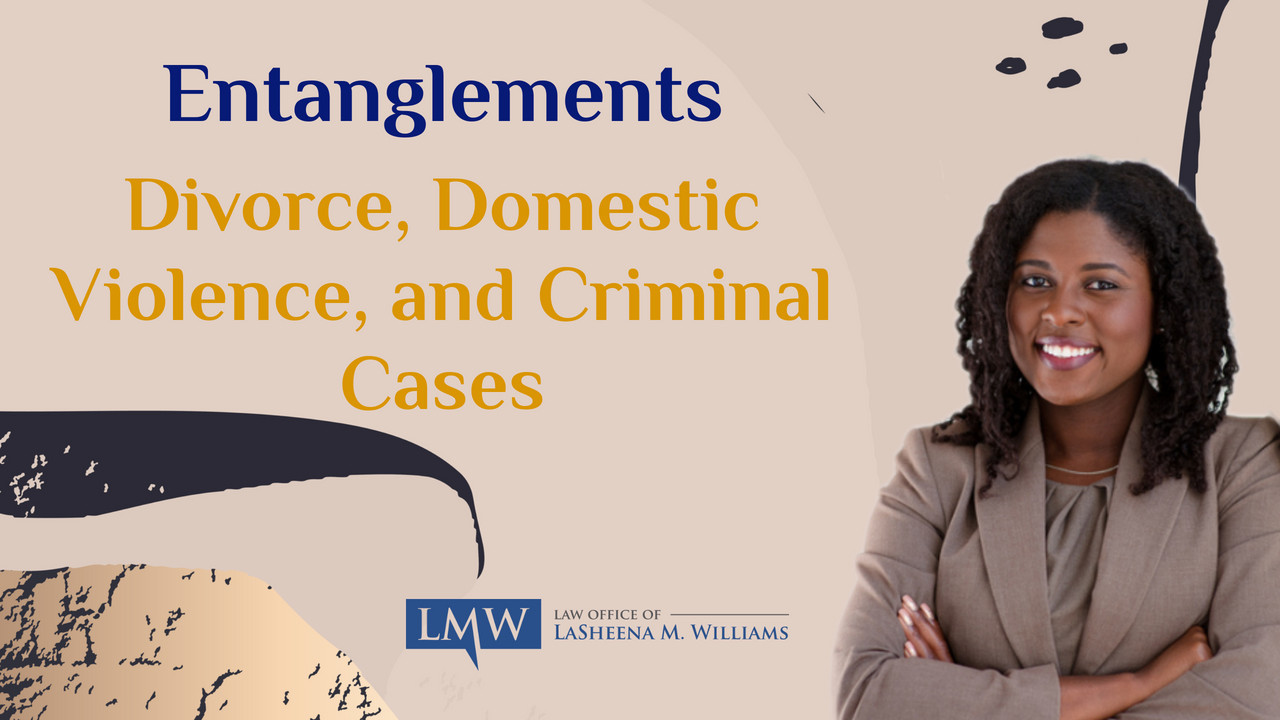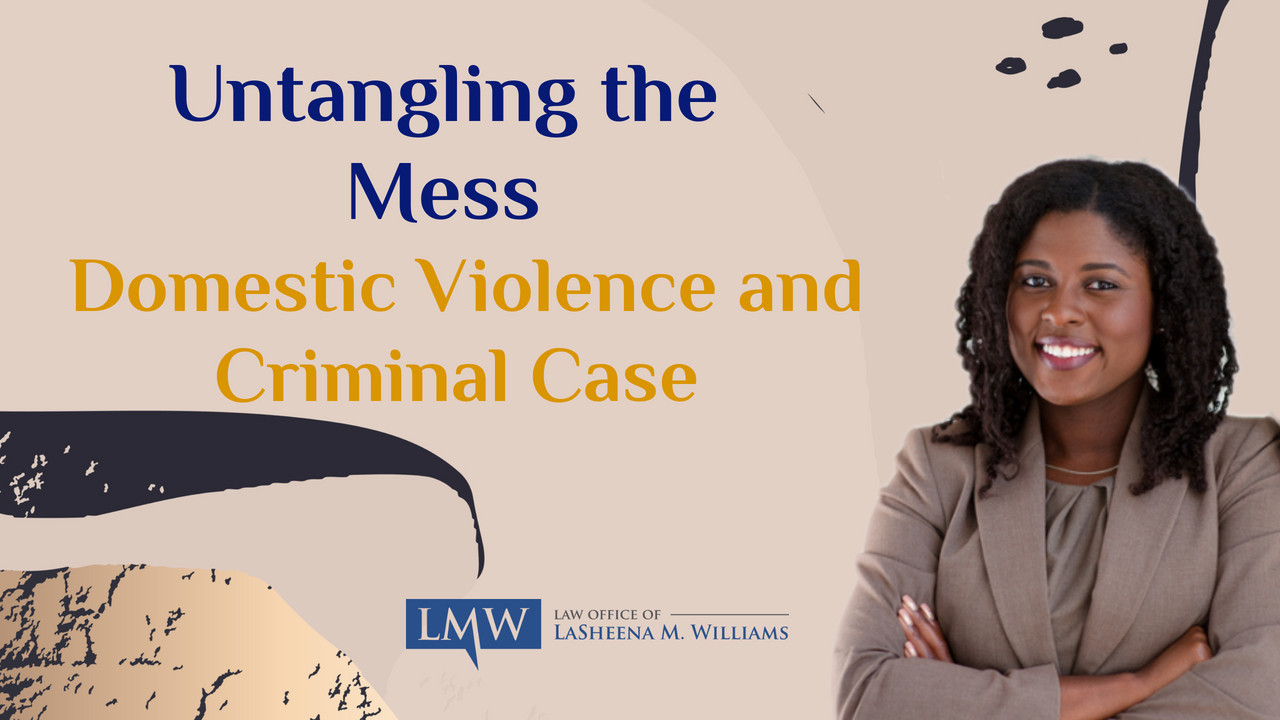What is A Protective Order Hearing?
A protective order hearing is a hearing that occurs following someone filing a petition for protection. A person will typically file a petition for protection if their partner has acted violently towards them or their children and they need relief from the court.
Maryland Protective Order Hearing Tip 1: Do come to court.
When preparing for a protective order hearing, there are a few key issues that you should consider. It’s very important that you understand that as a petitioner, you should definitely come to court. If you fail to come to court, the court can and likely will dismiss your petition for protection which will mean that, whether you receive the temporary or interim protective order, your partner now has the option to contact you, and if they have the option to contact you, they will no longer have any of the relief outlined in any temporary or interim protective order. Failing to come to court can potentially put you and your loved ones in danger.
Maryland Protective Order Hearing Tip 2: Do bring witnesses.
The court cannot consider testimony of people who are not present or at the hearing, so it’s important that if someone has something important to say regarding what has happened and why you’re filing your protective order, that they come to court in order to support your petition. The more support you have for your petition, the more likely it will be granted.
Maryland Protective Order Hearing Tip 3: Do bring all supporting evidence with you.
Along with bringing any cooperating witnesses, it’s important to bring all the evidence you have available to your hearing. The court cannot consider evidence that is not presented to them. Referring to text messages that you don’t have or photos that aren’t there, it’s not very helpful to the court because they cannot actually consider that information. You want to bring as much cooperating evidence and witnesses as possible to make it more likely that the court will grant you a final protective order.
Maryland Protective Order Hearing Tip 4: Don’t contact the opposing party.
If you have filed a petition for protection, you do not want to contact the opposing party. If the opposing party has an attorney or if the opposing party brings up the issue that you’ve been contacting them, that can make it more likely that you won’t actually receive a protective order. Typically, even if you want something from them like the keys to a house, or the keys to your car, or to work out an access schedule, it’s better for you if you don’t contact them until a final order is entered. The court may believe that you aren’t acting in good faith and that you’re not actually afraid of the person you’re seeking protection from. In order to avoid confusion and having to explain why you contacted a partner that you’re afraid of, it is better to just not contact them until you know what the terms of your protective order will likely be.
Maryland Protective Order Hearing Tip 5: Do come with a temporary custody and support plan if granted.
If you have any children or you need support for those children, it’s important to determine what type of access you need moving forward. Some people overlook the need for making a temporary custody decision and i don’t think that helps the family very much. If you know you want your co-parent to have certain access, and you know where your locations will be for transitions, and you know how much support you’re likely to need, it’s important that you have that outlined, so when a judge is entering your final protective order, they know what the terms of your temporary access and support will be.
Maryland Protective Order Hearing Tip 6: Don’t go to court without a lawyer.
There are a lot of snags in seeking a protective order, and while a lot of people tend to go to court and they don’t have a lawyer with them, it’s easier to avoid the snags and the hiccups if you have an attorney. The goal for obtaining a protective order is to make sure you’re protected. To increase the likelihood that you reach your goal, you want to have an attorney so that attorney can decrease the likelihood of you not being granted a protective order.
Contact An Experienced Domestic Violence Attorney Today in Prince George’s County, Maryland and Montgomery County, Maryland
If you have any questions about what you should consider and what you should do when seeking a protective order in Maryland, please feel free to give me a call at (301) 778-9950, or you can also subscribe to my Youtube channel for future updates about this topic and other issues related to domestic matters in Maryland.


